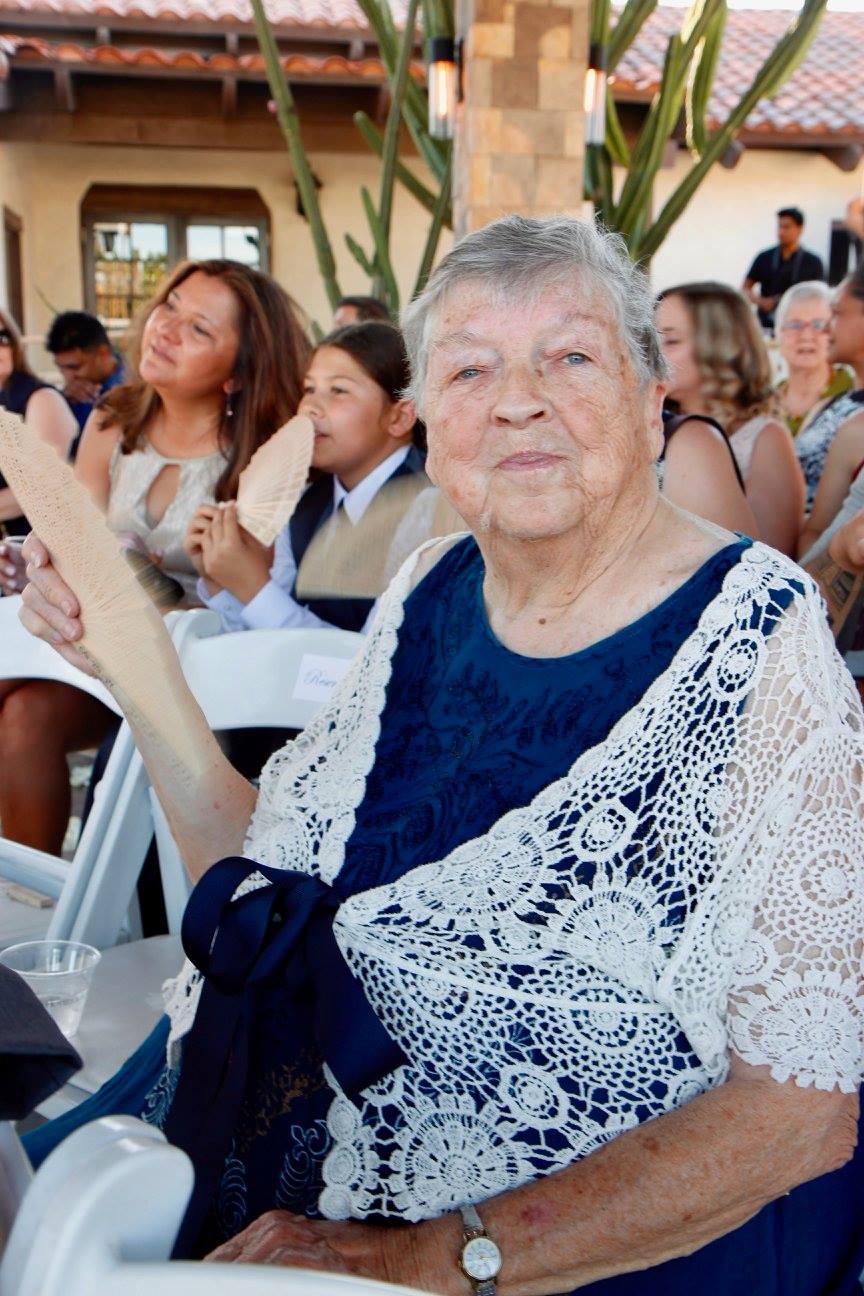When we bless our persecutors we do it for ourselves as much as for them!
I’ve been an activist for more than 30 years now, and I have to acknowledge that it was only a couple of years ago, that I finally understood the need to bless our persecutors. Three years ago, I began my journey to Soulforce, and as a friend of mine likes to say, “Soulforce has really messed up my activist life!”
Historically, I have been involved in resistance since the late ’60s in terms of both racism and the War in Vietnam. But it was always about changing “those people” out there. It never occurred to me that I might be part of the problem. To the contrary, I can remember being furious at the Beatles, when they came out with the song, “Revolution.” For those who don’t remember it, there’s a line in it that says, “You say you want a revolution, you better change your mind instead.” What a cop out! I was almost ready to boycott them, I was so angry.
Now when I hear that line, my reaction is, “how prophetic!” It was Gandhi who said that you cannot create outside, what is not already inside! Or some variation on that thought. So while I am still an activist, I understand that it STARTS with me.
The power of nonviolence to create REAL CHANGE is phenomenal. But only if I’m willing to allow that change to begin in myself. Am I willing to love someone who thinks and acts differently from me? Am I willing to accept that person also has a part of the truth? Am I willing to accept that I may only have a part of the truth? Am I willing to actually make sacrifices in order to help myself and that other person to find a common ground? Do I really believe in the power of redemptive suffering? And if so, am I willing to experience some of that suffering?
Jesus calls us to love our enemies. But surely, we say to ourselves, he didn’t mean Jerry Falwell, or Cardinal Ratzinger? But the truth is I believe he did! And as difficult as it may be, we have to find some way of beginning that process in ourselves.
Currently, I’m involved in a personal struggle at my parish with a fairly new pastor, who came on board just about the time, I was getting ready to travel to Lynchburg. My previous pastor had been extremely supportive of me, even putting me through Pastoral Ministry School, and putting me on the Women’s Preaching Team. Now I was faced with someone who, at best, tolerated me, as opposed to celebrating my gifts. I won’t say it’s been easy. And I have hardly succeeded in many of my attempts to love him fully. I was not in a loving mood when he pulled me off the Women’s Preaching Team, I can tell you! But ultimately, I suspect he’s a gift from God, because I’m being called to live out in my personal life what I am advocating in my public life.
And, as I hopefully succeed, one step at a time, in loving him and feeling compassion for him, I am the one who is made stronger. So I don’t bless him so much for his benefit, as for my own, and in doing that, hopefully I reflect a role model that he may find attractive. If I can show him love in the face of his anger, perhaps he may try to do the same. But ultimately there is only one person, I can change, and that is me!
I struggled for years trying to understand what my vocation was. It was Marianne Williamson in her book “A Return to Love,” who helped me understand that whether we are a minister or a janitor, a professor or a charwoman, everyone of us has the same vocation – simply to be a reflection of God’s love in the world. I can’t think of a stronger witness to that, then blessing our persecutors!

Lifelong activist Kara Speltz joined the Texas leg of the Soulforce Equality Ride in 2006 and spent three days in Baghdad in 2003 witnessing and documenting how the U.S. bombing of Iraq was affecting the country and its residents before the Iraqi government expelled her and other members of her group from the Christian Peacemakers Team for taking unauthorized photos. She graduated from Oakland (Calif.) Diocesan Pastoral Ministry Institute in 1998.
